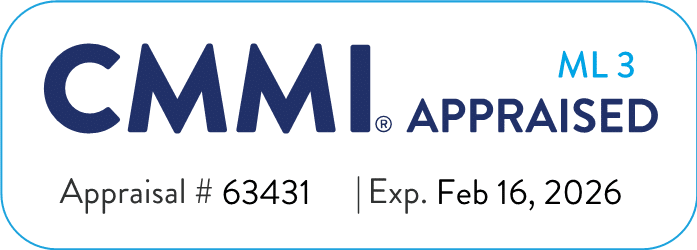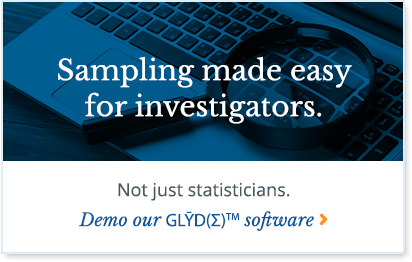What is Contact Tracing?
Contact Tracing is not new. It has been used to control infectious disease for decades. Contact Tracing is one of the oldest public health tactics and has been used with smallpox, Ebola, tuberculosis, and AIDS. So what exactly is contact tracing? It is the process of supporting patients with suspected or confirmed infection, helping them recall everyone they have had close contact with during the timeframe in which they may have been contagious. In the context of COVID-19, contact tracing has transformed to a digital medium using mobile and other technologies.
The process is, in a nutshell, classic detective work. Contact Tracers interview people who present with COVID-19. Through these interviews, they determine who the sick individuals have interacted with recently and whether those interactions constitute a transmission risk. Tracers and their teams then reach out to these individuals, advising the high-risk subjects to self-isolate and pinning down their recent contacts.
This process continues in wider and wider circles until all identifiable at-risk individuals have been accounted for, contacted and advised. In this way, contact tracers play a key role in effectively slowing the spread and flattening the curve to suppress the virus.
Is it really effective?
Yes. The method is credited with the success that nations like Taiwan, South Korea, and New Zealand have seen in containing the spread of the virus.
Can it replace social distancing measures?
Though contact tracing is a key tool to the level of recovery needed to begin wide-scale reopening, it is no replacement for social distancing and voluntary quarantine. Without social distancing measures, the number of risky transmissions and interactions would skyrocket, overwhelming the health care system and rendering it unable to treat active cases of COVID-19 effectively. For now, contact tracing needs to be deployed in conjunction with continued isolation measures.
Does Contact Tracing pose a threat to data privacy?
There are many ways to conduct contact tracing – some more invasive than others. Though it sounds like a high-tech solution, contact tracing remains an essentially human process. This means ample opportunity to place constraints on data collection to minimize it to only the most necessary parameters, as well as the ability to keep sensitive patient data private.
Is there any way to help?
The USA is rapidly scaling up the Contact Tracing workforce. Two former health officials estimate that an increase of approximately 180,000 trained tracers is needed. Available residents and citizens are encouraged to investigate their state’s needs and determine whether they qualify for training as a contact tracing recruit.
Integrity Management Services, Inc. (IntegrityM) is a certified women-owned small business, ISO 9001:2015 certified, and FISMA compliant organization. IntegrityM was created to support the program integrity efforts of federal and state government programs, as well as private sector organizations. IntegrityM provides experience and expertise to government programs and private businesses supporting government programs. Results are achieved through analysis and support services such as statistical and data analysis, software solutions, compliance, audit, investigation, and medical review.











